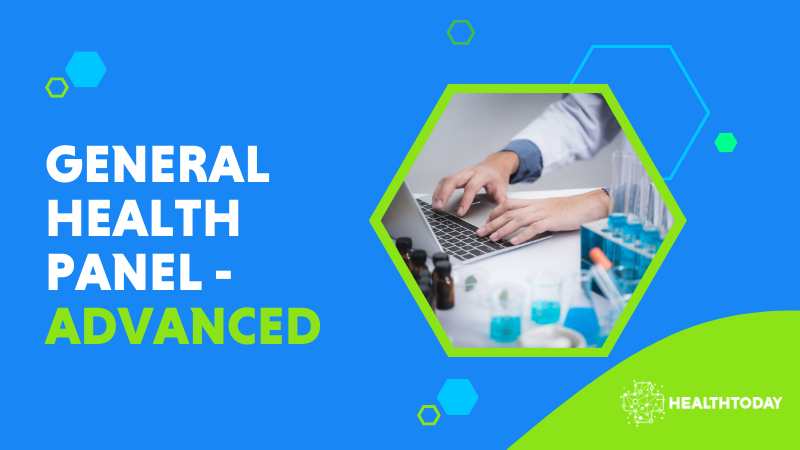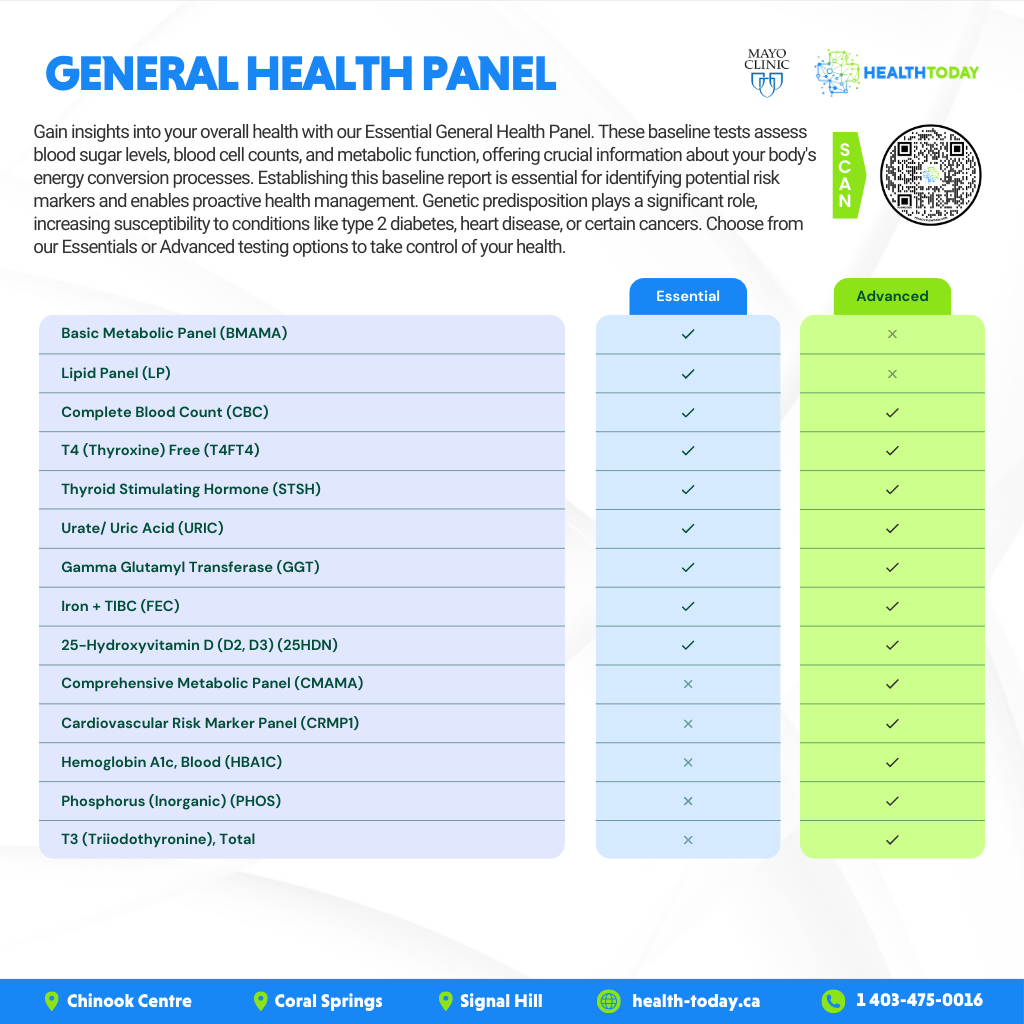
What Does it Mean to Be Healthy?
When we think of health we usually picture someone in good physical shape, smiling and eating salad and drinking plenty of water. Being healthy is about more than diet and exercise. It is also about understanding how your body works and what it needs to stay working at its best.
Health is not only physical, it is mental, spiritual, emotional, as well as psychological and financial. All of which contribute to overall health and being Healthy. If one of those are not working optimally then the others will struggle.
The human body is complicated and intricate. While it works hard to power us efficiently through each day, it's not without its flaws and errors. Naturally our body will go through changes, some of those changes could result in disorders or diseases. Because so many are symptomless in the beginning, we may not know until it's too late. You can start by having Baseline Blood tests.
Baseline tests check for blood sugar levels, blood cell counts, and metabolic function (how your body converts what you eat and drink into energy).
Here is a more in depth look at what our Advanced General Health Panel reports.
| Tests | Tests Details |
|---|---|
| Comprehensive Metabolic Panel |
This Panel not only includes your mineral electrolytes but also reports on kidney and liver functions. Potassium (KS) | Sodium (NAS) | Chloride (CL) | Bicarbonate | Anion Gap | Blood Urea Nitrogen (BUN) | Creatinine with eGFR (eGFR) | Calcium, Total (CA) | Glucose, Random (GLURA) | Protein, Total (TP) | Albumin (ALB) | Aspartate Aminotransferase (AST) | Alkaline Phosphatase (ALP) | Alanine Aminotransferase (ALT) | Bilirubin Total (BILIT) |
| Complete Blood Count (CBC) | A complete blood count (CBC) is a blood test. It's used to look at overall health and find a wide range of conditions, including anemia, infection and leukemia. A complete blood count test measures the following:
|
| Cardiovascular Risk Marker Panel (CRMP1) |
Not only includes the main 4 Lipids but 3 very important biomarkers to assess Health of your heart. Total Cholesterol (CHOL) | Low-density lipoprotein (LDL) cholesterol | High-density lipoprotein (HDL) cholesterol | Triglycerides | Apolipoprotein B (APOLB) | Lipoprotein(a) (LIPA1) | C-Reactive Protein, High Sensitivity (HSCRP) |
| Gamma Glutamyl Transferase (GGT) |
Is an enzyme found throughout the body, but it is mostly found in the liver. When the liver is damaged, GGT may leak into the bloodstream. High levels of GGT in the blood may be a sign of liver disease or damage to the bile ducts. |
| Hemoglobin A1c, Blood (HBA1C) |
This test result reflects your average blood sugar level for the past two to three months. Specifically, the A1C test measures what percentage of hemoglobin proteins in your blood are coated with sugar (glycated). Hemoglobin proteins in red blood cells transport oxygen. |
| Iron + TIBC (FEC) |
Iron is an important mineral that your body needs to stay healthy. Your body uses iron to make hemoglobin. This is the protein in your red blood cells that carries oxygen around your body. |
| Phosphorus (Inorganic) (PHOS) |
Phosphorus is an element that plays an important role in the body. In the body, almost all phosphorus is combined with oxygen, forming phosphate. Phosphate is one of the body's electrolytes. Phosphorus functions in: Metabolic pathways, Acid-base balance, Energy transport. |
| 25-Hydroxyvitamin D2 and D3, Serum (25HDN) |
Vitamin D is essential for bone health as it enables the absorption of calcium, the main bone component, while also regulating various cellular functions; its anti-inflammatory, antioxidant, and neuroprotective properties contribute to immune health, muscle function, and brain activity. |
| T4 Thyroxine, Total and Free Serum (T4FT4) |
A thyroxine test is a blood test that helps diagnose thyroid conditions. Your thyroid makes hormones that control the way your body uses energy. These hormones affect your weight, heart, body temperature, muscle strength, and even your mood. In women the thyroid dysfunction can affect your menstrual cycle and cause issues with fertility. |
| T3 (Triiodothyronine), Total |
A T3 test is most often used to diagnose hyperthyroidism, a condition in which the body makes too much thyroid hormone. T3 tests are frequently ordered with T4 and TSH (thyroid stimulating hormone) tests. A T3 test may also be used to monitor treatment for thyroid disease |
| Thyroid Stimulating Hormone (STSH) |
A TSH test is done to find out if your thyroid gland is working the way it should. It can tell you if it’s overactive (hyperthyroidism) or underactive (hypothyroidism). The test can also detect a thyroid disorder before you have any symptoms. If untreated, a thyroid disorder can cause health problems. |
| Urate/ Uric Acid (URIC) |
Uric acid is a normal waste product that your body makes when it breaks down chemicals called purines. Purines come from your cells when they die. Your kidneys filter the uric acid out of your blood, and it leaves your body in your urine. If uric acid builds up in your blood, it can form needle-shaped crystals in and around your joints. This condition is called gout. |
Take charge of your well-being. Book your private blood testing with Health Today. Embrace proactive care and gain valuable insights into your health. Schedule your appointment now for a healthier tomorrow.
To take the next steps toward better health and feeling and looking your best, start with General Health Advanced Panel .
